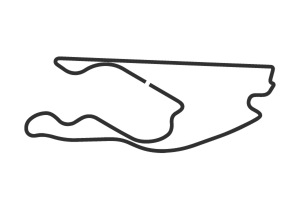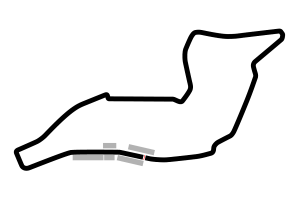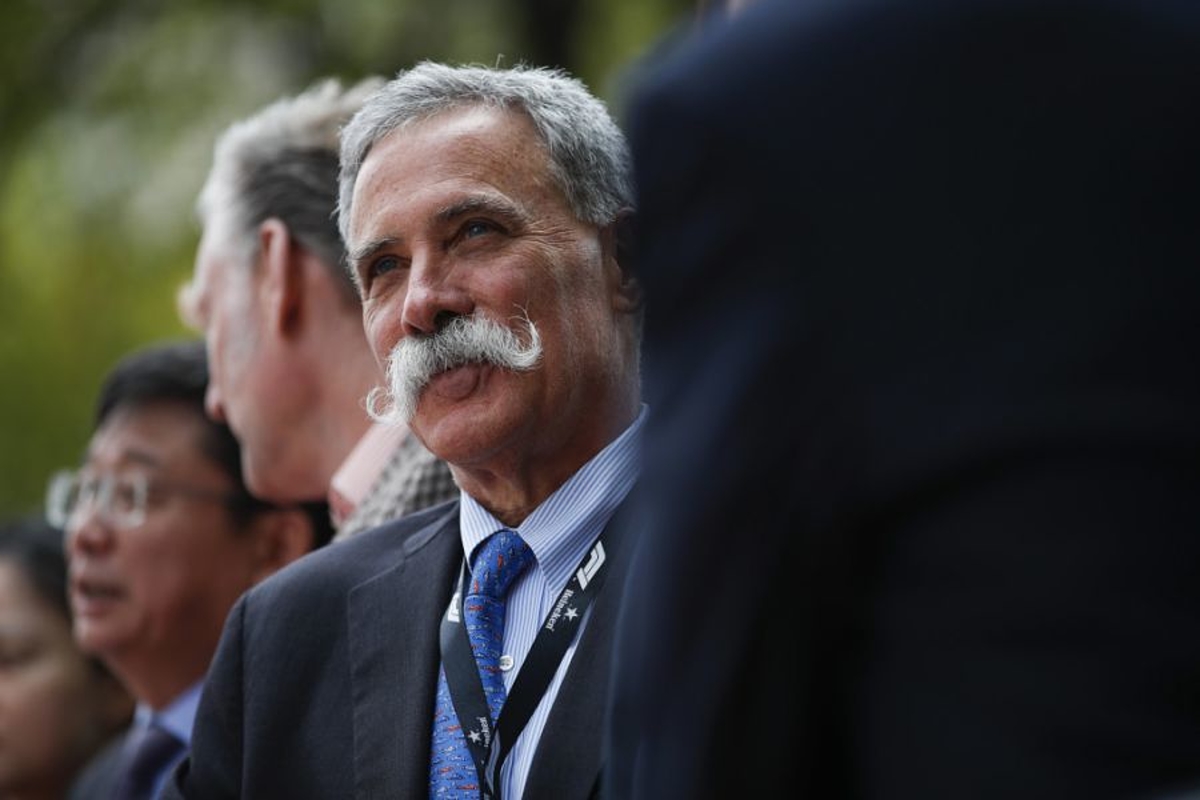It can only be hoped that in the convoluted contractual world that stifles Formula 1, and that has played a central role in holding the sport up to ridicule these past few days, meaningful lessons have been learned that will ensure there is no repeat of the chaos that unfolded in Australia.
'The show must go on' has long been F1's mantra, that in times of tragedy or adversity, the world's leading motorsport series will find a way through any hardship and continue to deliver its "shock and awe", as once described by Chase Carey, to the masses.
There was definitely shock value this week, but not on the track as had been eagerly anticipated with the start of a new season, F1's 70th of its storied history.
Instead, such amazement was delivered by the muddled decision-making behind the scenes, that despite the acceleration in the escalation of the coronavirus, F1 believed on this occasion it could still deliver its famed performance.
In part, you can understand the 'we are racers, we go racing' ethos that drives on all who are deeply embedded in the sport.
But as a global health emergency began to exert its vice-like grip across the world, and Europe in particular, long before the first members of team staff boarded their planes to Melbourne, that was the time to act.
Not two hours before the start of the first practice session at Albert Park, and with thousands of confused fans queueing up outside, many of whom would have travelled from far and wide beyond Melbourne, and after spending hundreds of dollars on flights and accommodation, wondering whether they would see a wheel turn in anger.
Such scenes, with numerous fans wearing facemasks in the hope of protecting themselves from the Covid-19 contagion, were disgraceful, and will likely haunt F1 for some time to come.
Formula 1 Group CEO Carey and FIA president Jean Todt might suggest it is easy to argue such a case now with hindsight, that at the time, to take such a decision to cancel was not so easy to make.
The evidence, though, was glaring as the number of cases soared and the death toll rose, especially in Italy, home of the sport's most fabled team in Ferrari.
But F1 and the FIA, in conjunction with the state of Victoria and the promoters in the Australian Grand Prix Corporation, gambled heavily, hoping above hope that in the face of a world closing its borders, suspending sporting events, and banning mass gatherings, it could somehow stumble through four days of events with hundreds of thousands of spectators and emerge unscathed.
But from the moment McLaren announced on Thursday that it had taken the positive step of withdrawing from the grand prix after confirming a member of its team had tested positive for the coronavirus, you knew it was a gamble that had badly backfired.
What followed was a political game of hot potato between the teams, F1, the FIA and the AGPC, with no entity willing to follow McLaren's lead and make the kind of decisive move that should ultimately have been taken days, if not weeks, beforehand.
When Lewis Hamilton was asked as to why he felt F1 had pitched up in Australia, in the middle of what the World Health Organisation has since described as a pandemic, he responded succinctly that "cash is king".
Here was a leader of his time speaking the kind of truth that will have served as a punch to the stomach to all those involved in the decision.
Carey may have later belittled Hamilton's comment by stating that "if cash was king we wouldn’t have made the decision we did today". But it was a decision that ultimately came too late. Like the old adage of locking the stable door after the horse has bolted.
And cash was still a motivating factor, for the state of Victoria that privately funds the race on behalf of the AGPC, aware that its liabilities for cancelling would not only extend to paying Liberty Media its hosting fee, but also the millions in refunds to the fans.
To Liberty Media, knowing it would forfeit the $40million it receives from the promoters should it make the call, and to the FIA, as it would be liable to commercial damages given the agreements that are in place.
It led to the ball being placed in the court of the nine teams able to run, and a meeting with F1 Group's managing director of motorsports, Ross Brawn, that did not conclude in a Melbourne hotel until the early hours Friday morning local time and, by all accounts, was apparently fractious on occasions.
It should have been a simple decision, the bigger picture realised - that of the health of all involved. But it is now understood there were teams that wanted to continue - Red Bull, AlphaTauri and Racing Point, while two others in Williams and Haas apparently abstained when a vote was called.
Mercifully, the right call was made in the end, with F1, the FIA and the AGPC issuing a joint statement just after 10am local time, with that first practice session slated for noon.
The fact a message was not conveyed any earlier to the wider public, until those thousands had rocked up at Albert Park, beggars belief.
Inevitably next weekend's race in Bahrain, that was due to be run behind closed doors, has also fallen by the wayside, as has the inaugural event in Vietnam in early April.
After cancelling Australia, Carey later described what he faced as "a fluid situation, a difficult situation to really predict. When it’s changing this quick it’s challenging.”
If the events of the last two days had taught him anything, then he needed to be bold and decisive.
Carey's counterpart at Formula E, Alejandro Agag, had done exactly that by suspending the season for the next two months, with no race now until Berlin on June 21. Other sports have also shut down for lengthy periods.
As unpalatable as it may have been for Carey and Todt, in issuing a similar edict, it has gone part way to restoring the reputation of F1 that has taken a battering over these past few days.
For the sake of everyone involved in F1, they have acted responsibly and sensibly in this instance. If only that had been the case long before the fiasco that unfolded in Australia.
Related






 GP AUSTRALIA
14 - 14 Mar
GP AUSTRALIA
14 - 14 Mar

 GP CHINA
21 - 21 Mar
GP CHINA
21 - 21 Mar

 GP JAPAN
4 - 4 Apr
GP JAPAN
4 - 4 Apr

 GP BAHRAIN
11 - 11 Apr
GP BAHRAIN
11 - 11 Apr

 GP SAUDI ARABIA
18 - 18 Apr
GP SAUDI ARABIA
18 - 18 Apr

 GP USA
2 - 2 May
GP USA
2 - 2 May

 GP ITALY
16 - 16 May
GP ITALY
16 - 16 May

 GP MONACO
23 - 23 May
GP MONACO
23 - 23 May

 GP SPAIN
30 - 30 May
GP SPAIN
30 - 30 May

 GP CANADA
13 - 13 Jun
GP CANADA
13 - 13 Jun

























 Grand Prix of Austria 2025
Grand Prix of Austria 2025  Grand Prix of Belgium 2025
Grand Prix of Belgium 2025  Grand Prix of Hungary 2025
Grand Prix of Hungary 2025  Grand Prix of Azerbaijan 2025
Grand Prix of Azerbaijan 2025  Grand Prix of Singapore 2025
Grand Prix of Singapore 2025  Gran Premio de la Ciudad de Mexico 2025
Gran Premio de la Ciudad de Mexico 2025  Grande Prêmio de São Paulo 2025
Grande Prêmio de São Paulo 2025  Qatar Grand Prix 2025
Qatar Grand Prix 2025  Grand Prix of Abu Dhabi 2025
Grand Prix of Abu Dhabi 2025 